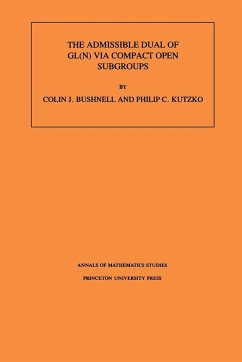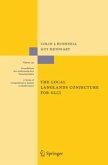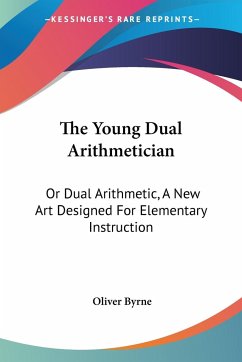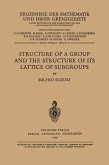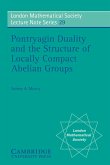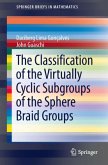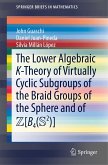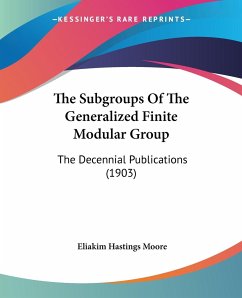This work gives a full description of a method for analyzing the admissible complex representations of the general linear group G = Gl(N,F) of a non-Archimedean local field F in terms of the structure of these representations when they are restricted to certain compact open subgroups of G. The authors define a family of representations of these compact open subgroups, which they call simple types. The first example of a simple type, the "trivial type," is the trivial character of an Iwahori subgroup of G. The irreducible representations of G containing the trivial simple type are classified by the simple modules over a classical affine Hecke algebra. Via an isomorphism of Hecke algebras, this classification is transferred to the irreducible representations of G containing a given simple type. This leads to a complete classification of the irreduc-ible smooth representations of G, including an explicit description of the supercuspidal representations as induced representations. A special feature of this work is its virtually complete reliance on algebraic methods of a ring-theoretic kind. A full and accessible account of these methods is given here.
Hinweis: Dieser Artikel kann nur an eine deutsche Lieferadresse ausgeliefert werden.
Hinweis: Dieser Artikel kann nur an eine deutsche Lieferadresse ausgeliefert werden.

